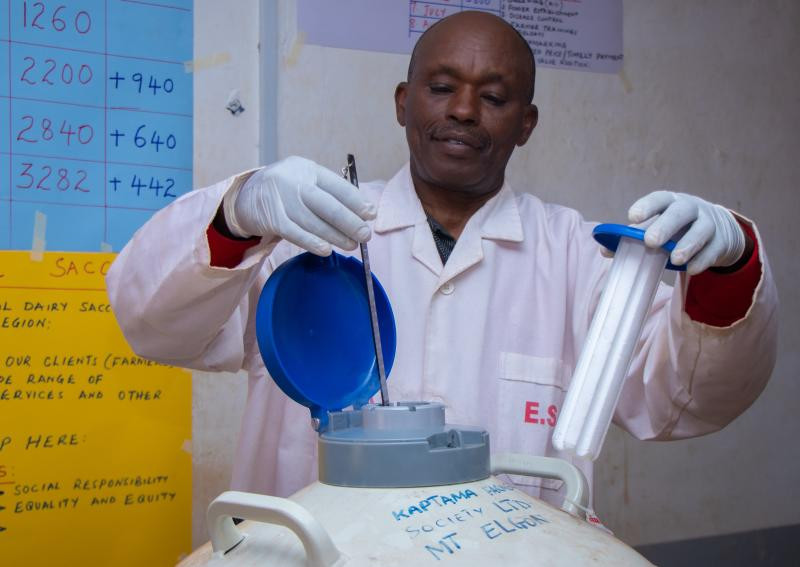Reports that the Kenya Medical Supplies Agency (KEMSA) is supplying drugs to public health facilities that have expired or are non-essential are an indictment not only of the government body but also of the private sector players hired three years ago to strengthen its management. At the very least, it appears that the money used to pay the private sector and quasi-governmental institutions was akin to throwing good money after bad.
The Medical Supplies Department of the Ministry of Health, the predecessor of KEMSA, had a rich history of grand corruption going back into the 1960’s.
This explains the reason behind the setting up of KEMSA on February 11, 2000.
It is possible that the Government agencies that were supposed to keep an eye on parastatals may have been lured into a false sense of security and to ignore the goings-on at Kemsa because the individuals running it were supposed to have learnt key lessons from the discredited medical supplies department.
Kemsa Support Programme’s three-year contract with the United States Agency for International Development (USAID) might have shielded the parastatal from close scrutiny because it wheeled in big guns to ostensibly strengthen its commodity management system.
The other partners in the contract included Deloitte Consulting LLP (US) as the lead implementing partner in collaboration with Phillips Health Care Services, the University of Nairobi, Deloitte Consulting Limited Kenya, and Deloitte Consulting South Africa. They were mandated to collaborate with other supply chain management programmes to enhance Kenya’s healthcare facilities.
Perhaps, USAID might be interested in sharing its views on the collaboration meant to strengthen Kemsa’s ability to provide client sites with the right quantity of quality commodities and in a timely manner for effective service provision, because many a Kenyan at the grassroots would be hard-pressed to show any improvement.
It is not possible to lay any blame at the door of either USAID or the consulting firms in the absence of details of their contractual obligations, but Kemsa must bear full responsibility for the mess uncovered by the Senate Health Committee, last week, after visiting health facilities in North Rift region. According to the committee’s vice-chairperson Zipporah Kittony, most of the public health facilities they visited had expired drugs.
In the vice-chairperson’s own words “we are appalled that most public health institutions have non-essential drugs in their stores that are even expiring’’ and wondered “why a health facility would be stocked with anti-malaria drugs yet the area is not a malaria prone region.’’ Clearly, only Kemsa can answer that question authoritatively.
But it is a question that cannot be wished away and Kenyans hope the Cabinet Secretary for Health James W Macharia will find the answer because there are well founded fears that the shenanigans witnessed in the North Rift Valley region are duplicated throughout the country. Mr Macharia might also be interested in re-opening inquiries into the fire incident which destroyed a Kemsa godown in Embakasi in January this year.
In one word, Kenyans are holding their breath waiting to see whether Mr Macharia’s new broom will sweep Kemsa clean.
 The Standard Group Plc is a
multi-media organization with investments in media platforms spanning newspaper
print operations, television, radio broadcasting, digital and online services. The
Standard Group is recognized as a leading multi-media house in Kenya with a key
influence in matters of national and international interest.
The Standard Group Plc is a
multi-media organization with investments in media platforms spanning newspaper
print operations, television, radio broadcasting, digital and online services. The
Standard Group is recognized as a leading multi-media house in Kenya with a key
influence in matters of national and international interest.
 The Standard Group Plc is a
multi-media organization with investments in media platforms spanning newspaper
print operations, television, radio broadcasting, digital and online services. The
Standard Group is recognized as a leading multi-media house in Kenya with a key
influence in matters of national and international interest.
The Standard Group Plc is a
multi-media organization with investments in media platforms spanning newspaper
print operations, television, radio broadcasting, digital and online services. The
Standard Group is recognized as a leading multi-media house in Kenya with a key
influence in matters of national and international interest.









